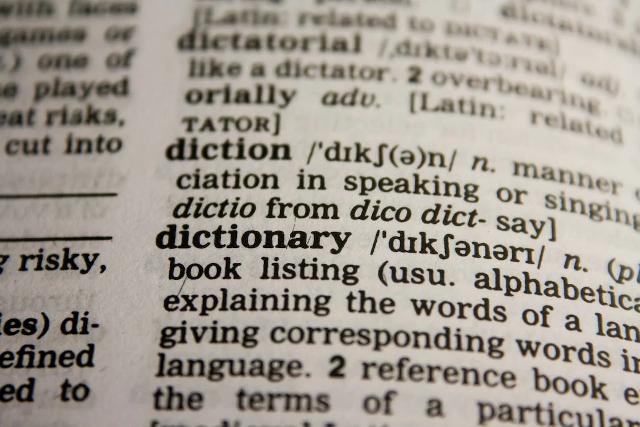
Content between one language and another is converted by translators and interpreters. Interpreters frequently work with vocal language in real-time contexts, whereas translators primarily specialize in translating written records and text. By interpreting spoken words or written texts, they serve as translators, mediating interaction so that speakers of various languages can all understand the same message.
You may be able to pursue a fulfilling career as a translator where you get to practice regularly and assist others. Finding out more about the numerous available translation jobs might help you in choosing the best career route. That is why in the text below we have prepared for you 6 exciting careers that you can consider as a professional translator.
Translators in the Health or Medical Field
Healthcare organizations employ translators from the health and medical fields. Effective communication between patients and medical professionals, including doctors, nurses, and technicians, is facilitated by them.
Healthcare translation workers must have a thorough awareness of medical terms and standard medical procedures in their working languages due to their specific work environment.
By translating study materials, pharmacological information, health condition pamphlets, patient permission forms, and any records as necessary, they may assist both patients and medical professionals.
Community Translators
Community translators provide language conversion assistance inside communities in a range of contexts. To translate spoken discussions in real-time, they can be hired by local businesses, governments, and educational institutions. In situations like parent-teacher meetings, neighborhood activities, public gatherings, real estate transactions, secretary services as a corporate secretary, and other communal surroundings, community translators offer essential assistance. Additionally, they frequently try to implement language justice programs for participants who speak languages other than the dominant one in the area.
Literary Translators
Literature is translated from one language to another by literary translators. They analyze books, published papers, poems, and short tales by deciphering the language complexity and intended purpose of the text.
It's crucial for literary interpreters to faithfully translate a writer's tone, style, and sentiment. Literary translators must concentrate their attention on a text's theme intricacies and historical background because most literature is highly culturally distinctive.
Conference Translators
For participants who do not understand English, conference translators frequently translate courses and summit sessions. Conference translators can concentrate their job on any institution that needs different language translations, but they frequently find career prospects in the domains of international affairs, business, and diplomacy.
Conference translators frequently speak more than two languages well so they can translate messages into three or four different languages. Furthermore, many conference translators frequently handle dual interpretation responsibilities.
Legal and Judicial Translators
In legal contexts like courts and legal services, translators and interpreters specialize in legal and judicial work. They participate in court events like witness statements, hearings, arraignments, and trials to translate discussions and written materials.
Legal translators, like medical translation experts, must possess a specialized expert understanding of legal terminology and customer rights. Legal translators frequently carry out important justice-related tasks and act as defenders for those with low English ability.
Sign Language Translators
Individuals who are not proficient in American Sign Language and those with hearing impairments can communicate more easily thanks to signing language interpreters (ASL). They communicate in real-time utilizing visual clues, finger spelling, and signing. Sign language translators can translate using a variety of techniques.
Some sign language translators may communicate from one language to English while carefully mouthing speech in silence for those who have hearing impairments because some of them can lip-read the language. They take care to employ the proper movements and body language during this procedure so that the lip-reader can comprehend what is being spoken.
Tactile signing, which is particularly created to support people with combined hearing and vision difficulties, is a specialty of some sign language translators.
Benefits of Professions in Translating
A job in translation may be very fulfilling and has a lot of advantages, such as:
Diverse workplace: There are many different workplaces where translators and interpreters might work.
Travel potential: Working as a translator or interpreter may allow you to travel regularly and experience different parts of the world.
Opportunities for ongoing education: Interpreters and translators must stay current on linguistic innovations and the vocabulary used in their specific fields of expertise.
Others are helped directly by the work of translators and interpreters in terms of their communication requirements.
Being a translator has many benefits and is an interesting career to have, but navigating cultural differences requires excellent interpersonal skills. If you have that ability, then don't hesitate to get into one of these wonderful jobs as soon as possible.


